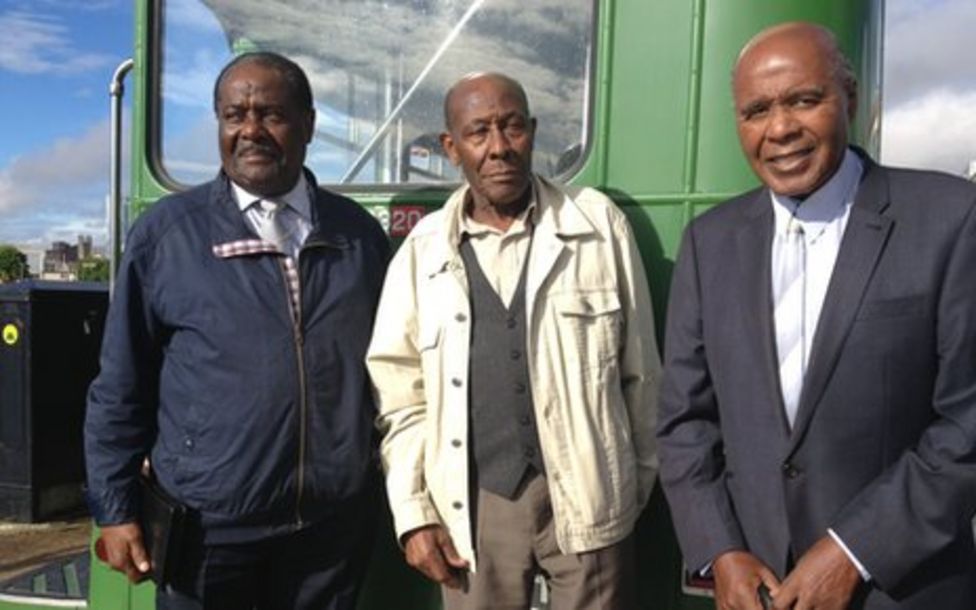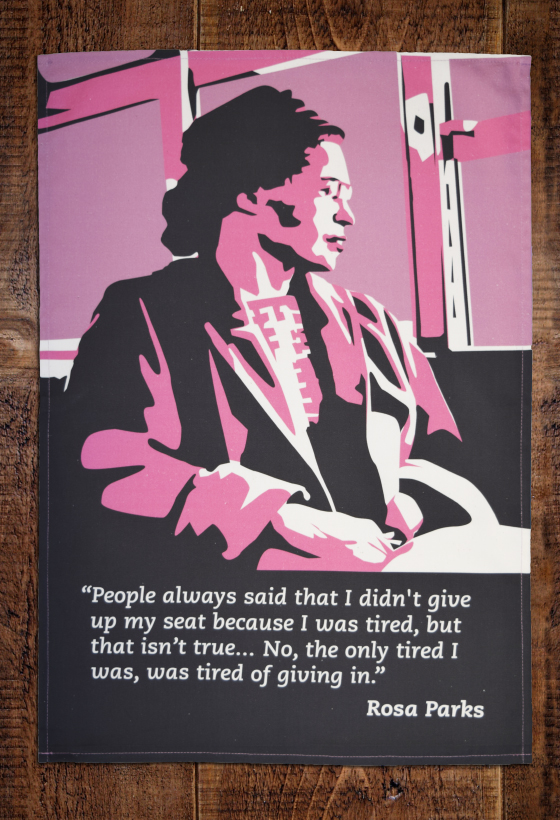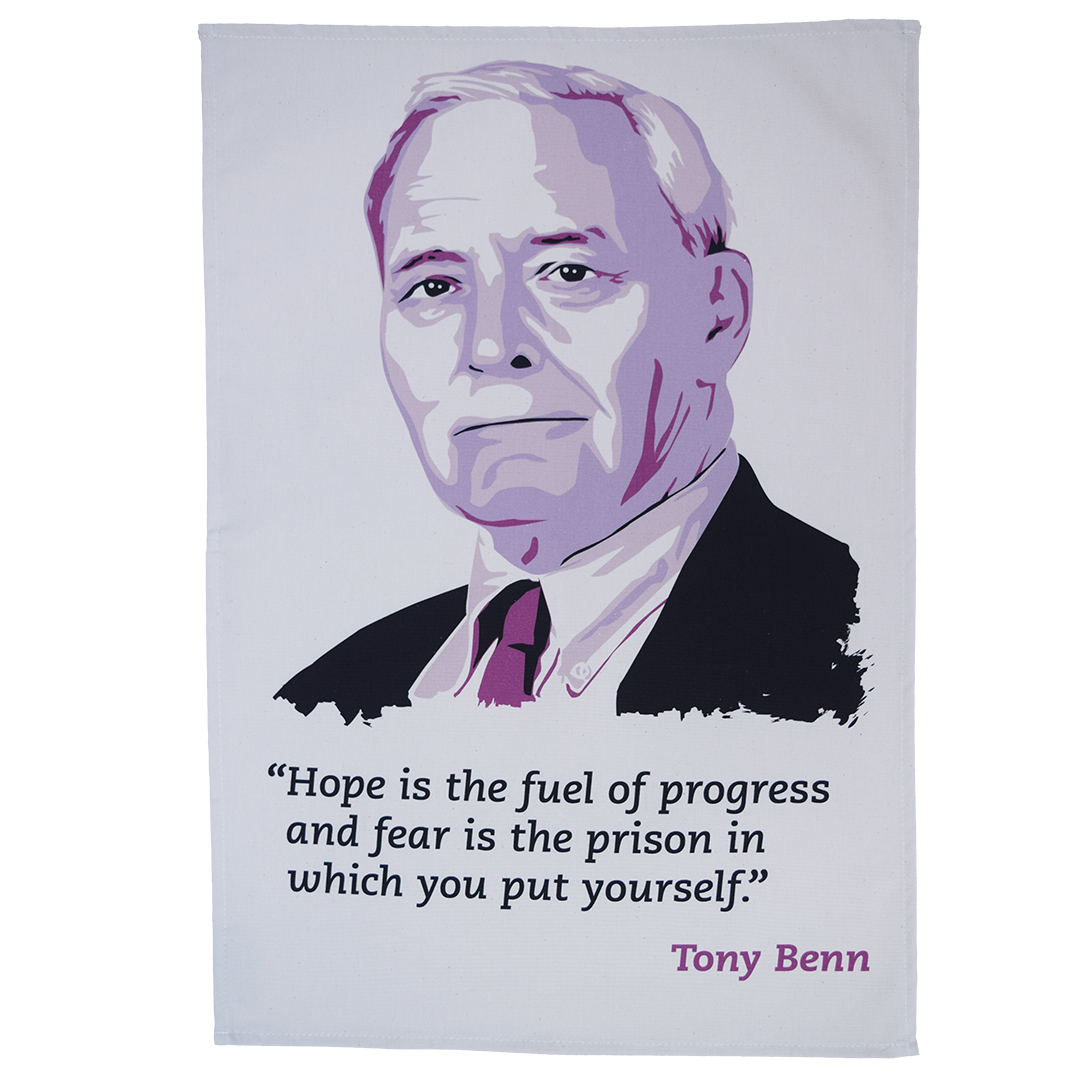The Bristol Bus Boycott of 1963
Posted by Pete on 30th Apr 2021
When we think of the Civil Rights Movement we think of the United States - but it happened here too...
Rosa Parks's refusal to leave her seat in 1955 made waves not just across the United States, but also across the world.
Anti-black racism was – and is – not a peculiarly American phenomenon. So Rosa Parks's example of resistance in Alabama reverberated far and wide.
In April 1963, its influence was felt in southwest England, when the local black and Asian communities boycotted the Bristol Omnibus Company over its colour bar policy.
As a hub of Britain’s barbaric Atlantic slave trade, Bristol has a long history of entanglement in systemic racism.
And that racism was still very much present in the 1960s.

Boycotters Guy Bailey, Roy Hackett and Paul Stephenson with a 1960s-era Bristol bus. (Image: BBC News)
As in the rest of Britain, black and Asian Bristolians suffered daily discrimination in the post-war decades.
This was especially brazen in the colour bar practised by the Bristol Omnibus Company.
With the collaboration of the local Transport and General Workers’ Union (TGWU), management unofficially employed only white people as bus crews.
Despite evasion and denials, it became obvious in 1963 that this racist practice was still in use.
Led by the young civil rights activist Paul Stephenson, the West Indian Development Council orchestrated an interview with the bus company for a warehouse worker called Guy Bailey.
All went smoothly until they revealed that Guy was black, at which point the interview was abruptly cancelled.
The racist practice had been clearly exposed.
It was December 1955, in Montgomery, Alabama, when Rosa Parks refused to give up her seat on the bus for a white person.
Click to view our Rosa Parks tea towel
Inspired by the Montgomery Bus Boycott which followed Rosa Park’s arrest a few years earlier, Stephenson and his fellow campaigners organised a Bristol Bus Boycott.
Beginning on this day in 1963, members of the black and Asian communities in Bristol refused to use the buses until the colour bar was dropped.
The TGWU was called out for opposing Apartheid in South Africa while effectively supporting its principle at home in Bristol.
Support for the Boycott was also mobilised from wider society. On May Day, Bristol University students marched in solidarity with boycotters.
And the local Labour MP, one Tony Benn, pressured the Labour Party's leadership to get behind the struggle.
At the international level, the campaign was praised by Learie Constantine, the legendary West Indies cricketer who was now High Commissioner for Trinidad and Tobago.
Labour MP Tony Benn persuaded Harold Wilson (the leader of the Labour Party) to speak out against the colour bar.
Click to view our Tony Benn tea towel
After months of stonewalling and slander, the coalition of interests behind the colour bar in Bristol realised that every dirty trick in the book couldn’t save their racist policy now.
On 28th August 1963, the Bristol Omnibus Company announced the end of its colour bar policy.
On the exact same day that summer, Martin Luther King was speaking about his dream in Washington D.C.
The Civil Rights Movement of the post-war decades is most associated with the United States, but the struggle was international.
From King’s condemnation of the US invasion of Vietnam, to the Northern Irish Civil Rights Association, to the Bristol Bus Boycott, the whole world was moving to a rhythm of resistance – and the song goes on.


